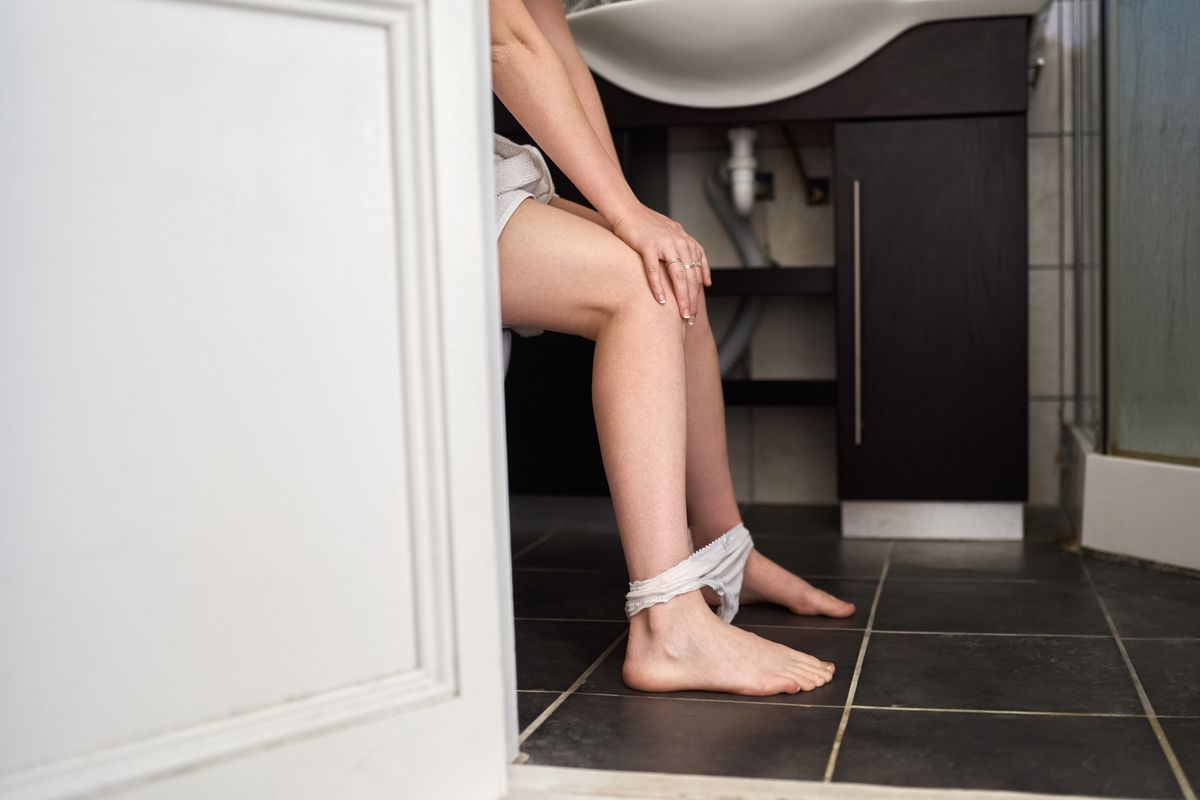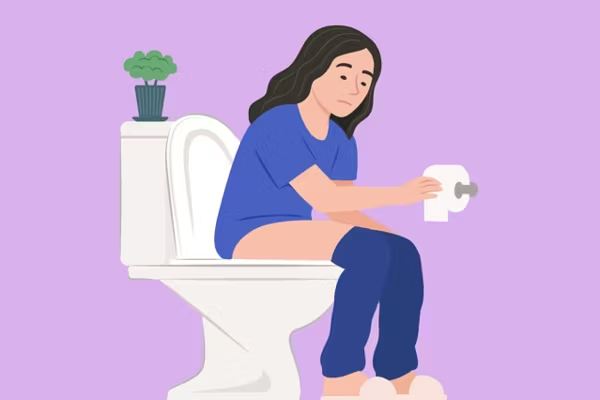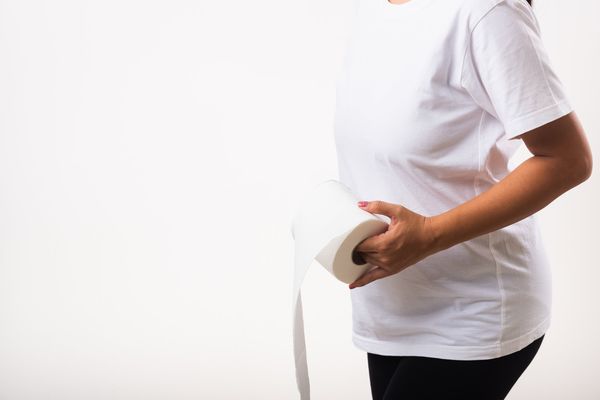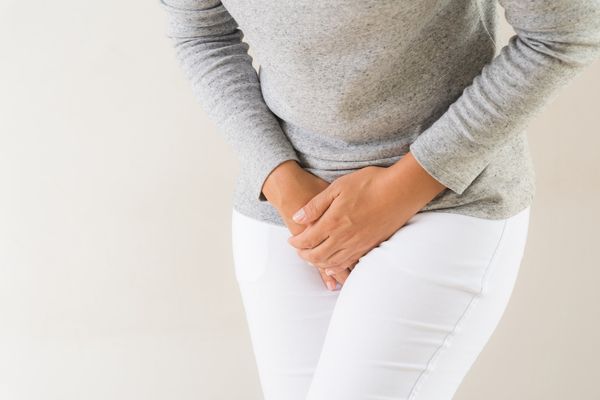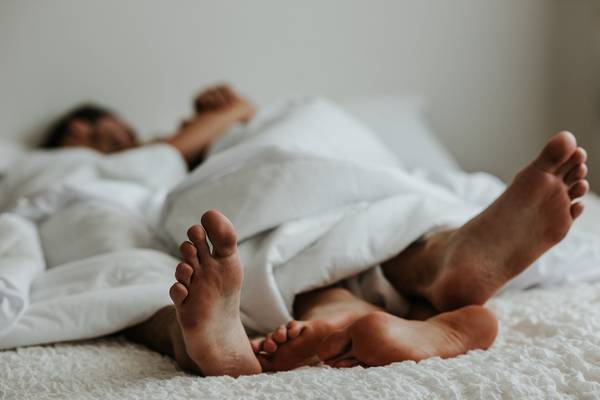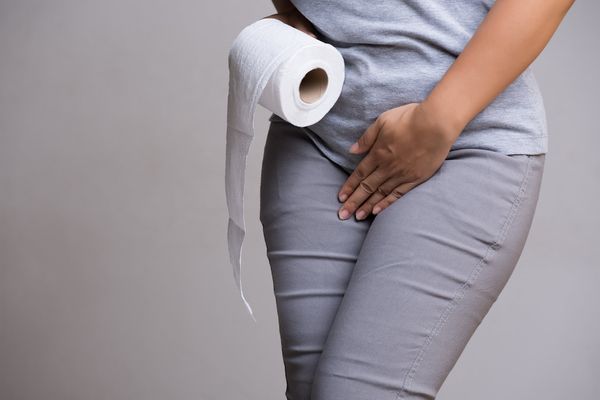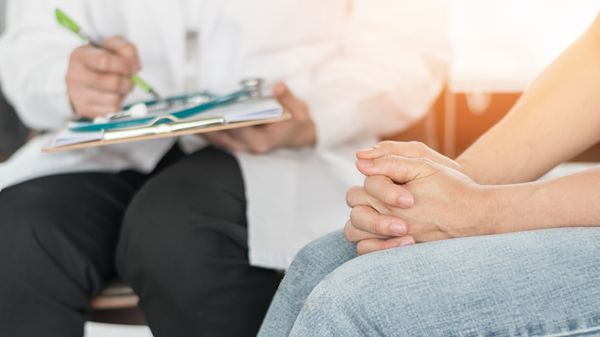Currently, the COVID-19 pandemic has forced billions of people around the world to quarantine at home. In addition to isolation, these extraordinary circumstances are causing many women to feel anxious or depressed.
For women who have overactive bladder (OAB), the need to quarantine may not feel very different since OAB often keeps women homebound.
As communities reopen, how do we ensure that women with OAB feel comfortable resuming work and social lives? Before answering this important question, it's important to look at how exactly loneliness affects women with OAB.
Loneliness, emotional health and overactive bladder
Loneliness profoundly impacts women's health. It increases the likelihood of mortality by 26% and also raises the risk for high blood pressure, a weaker immune system, heart disease, stroke, dementia and cognitive decline. Unfortunately, because women with OAB who socially isolate at home are prone to chronic loneliness (which is loneliness that can go on for a long time), they are also at higher risk for depression or anxiety. A study in 2018 showed that nearly 60% of women with OAB suffer from severe or moderate depression, while 62% of women with OAB also live with severe or moderate anxiety.
The symptoms of these mental health conditions can be debilitating. Anxiety disorders, for example, are defined by restlessness, difficulty concentrating, muscle tension and irritability, while mood disorders such as depression not only cause waves of sadness and despair, but may also increase risk of suicide.
Sleep deprivation can further exacerbate mental health and OAB symptoms. Unfortunately, not getting a good night's sleep is par for the course for many women with OAB who are awoken by "nocturia, which is the term used to describe waking up more than once a night to urinate. Menopause can make sleeping through the night even more difficult for women with OAB. "It's not just a need to urinate that is waking women up," said Dr. Lauri Romanzi, who is board certified in obstetrics and gynecology and a member of HealthyWomen's Women's Health Advisory Council. "It can also be hot flashes or night sweats that force a woman awake many times [a night] to change her garments or sheets."
Managing symptoms so you can get back out into the world
Women who have run the gamut of emotional and physical symptoms of OAB, know what it's like to engage the body's fear system — the well-known "fight or flight" response — which causes a flood of adrenaline to trigger the need to urinate. This need to pee adds to anxiety levels, causing you to have the urge to urinate even more.
"It's a vicious cycle," Romanzi said, "as it moves women between feelings of urgency and anxiety."
Fortunately, this cycle can be broken, as several treatments exist that can help women manage symptoms of OAB. Doctors may prescribe medicine that reduces urges and incontinence, and they may also advise pelvic floor physical exercise, which targets the pelvis and reduces contractions of the bladder. Avoiding spicy foods, alcohol, citrus fruit and caffeine may also help mitigate symptoms for some women.
Early treatment is the key to successfully managing OAB, yet Romanzi believes that many women try to manage their symptoms on their own for a long time before speaking with a health care professional.
"Women need to understand that managing OAB symptoms is a journey. If someone is having any urgency and frequency that isn't directly tied to something that would be physiologically normal — like drinking a lot before a performance and then waiting in a long line during the intermission — then they should be seen right away," Romanzi said. "They should also speak with their health care professional about any depression or anxiety they might be feeling."
As the world starts to reopen, most women will eagerly go back to their offices, meet with friends and resume their social lives. If you're a woman with OAB, then you, too, can also look forward to leaving your house. With a little planning and a lot of communication with your health care professional, it's possible to manage your symptoms, ensuring that you aren't left behind when it's time to step outside.
This resource was created with support from Urovant.

